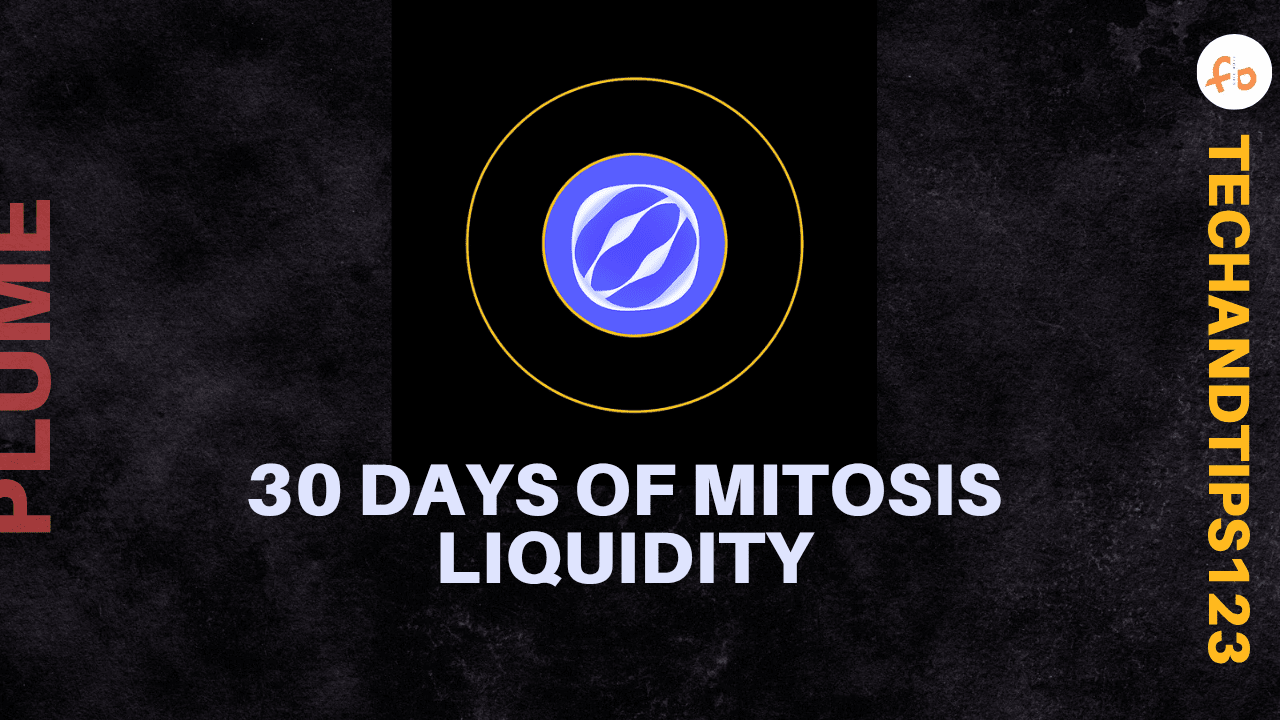Hmm but, for all our talk of a decentralized future, we have to address the elephant in the room. The immense complexity of building a secure and scalable cross-chain protocol creates a powerful gravitational pull towards centralization. It is often easier, faster, and in the short-term, seemingly safer to rely on a small, trusted set of actors to manage the flow of value between networks. This is the persistent temptation that has led many interoperability solutions down a path that ultimately compromises the very principles they claim to uphold.

Obviously, this is a dangerous compromise. A bridge or protocol that relies on a handful of validators or a permissioned multisig is simply reintroducing the old financial model of trusted intermediaries. It creates a single point of failure, a honeypot for hackers, and a choke point for potential censorship. This is not the future we are fighting for. True interoperability must be built upon a foundation that is as decentralized, resilient, and permissionless as the blockchains it seeks to connect.
And then, you have to consider the core architecture. The Mitosis hub-and-spoke model was a deliberate choice made specifically to combat this gravitational pull. By creating a purpose-built mainnet secured by its own decentralized set of Proof-of-Stake validators, the protocol establishes a credibly neutral ground for all cross-chain activity. The security of the network is not outsourced to a third party or a small committee; it is guaranteed by the collective economic stake of a globally distributed set of participants.
I feel this is the only way to build for the long term. The incentive structure of the $MITO token is designed to encourage the continuous growth and decentralization of this validator set. As the value of the network grows, so does the incentive for new, independent validators to join, further strengthening the system's resilience. The goal is a network where no single entity or small group can exert undue influence over the flow of transactions.
Of course, the technology is only one half of the equation. The other half is governance. A protocol can have a decentralized validator set but still be centrally controlled if all decisions about its future are made by a core team. This is why the commitment to a DAO-led governance model is not just a feature, but a fundamental pillar of the Mitosis philosophy. It is the mechanism that ensures the protocol remains a public good, guided by its community, not a private enterprise.
There is a natural tension here that we must acknowledge. In the earliest days of a protocol's life, a degree of centralized guidance is necessary to ensure a secure and coherent launch. The key is the unwavering commitment to a transparent and public roadmap for "progressive decentralization," a clear path for handing over the keys to the community as the network matures. This is the journey from a project to a true protocol.
Besides that, every user and stakeholder has a role to play in this process. By choosing to use and support protocols that are demonstrably committed to decentralization, the community collectively votes with its capital for the kind of future it wants to see. It is a market force that actively pushes back against the easy allure of centralized shortcuts.
I guess the ultimate goal is to build a system that is not just trust-minimized, but trustless in a way that feels effortless. The user should not have to worry about who is validating their transaction; they should have the ambient confidence that comes from knowing it is being secured by a robust, decentralized, and economically aligned network.
Okey, so we have established this core philosophy. This battle against the gravity of centralization is not a one-time victory. It is a continuous effort, a cultural commitment that must be embedded in every decision, from the choice of architecture to the final handover of power to the DAO.
But that is what makes this endeavor so profoundly important. Building a truly decentralized interoperability layer is not just a technical challenge; it is a political and philosophical one. It is the essential work of ensuring that the foundations of our interconnected future are built on the principles of openness, resilience, and freedom.




